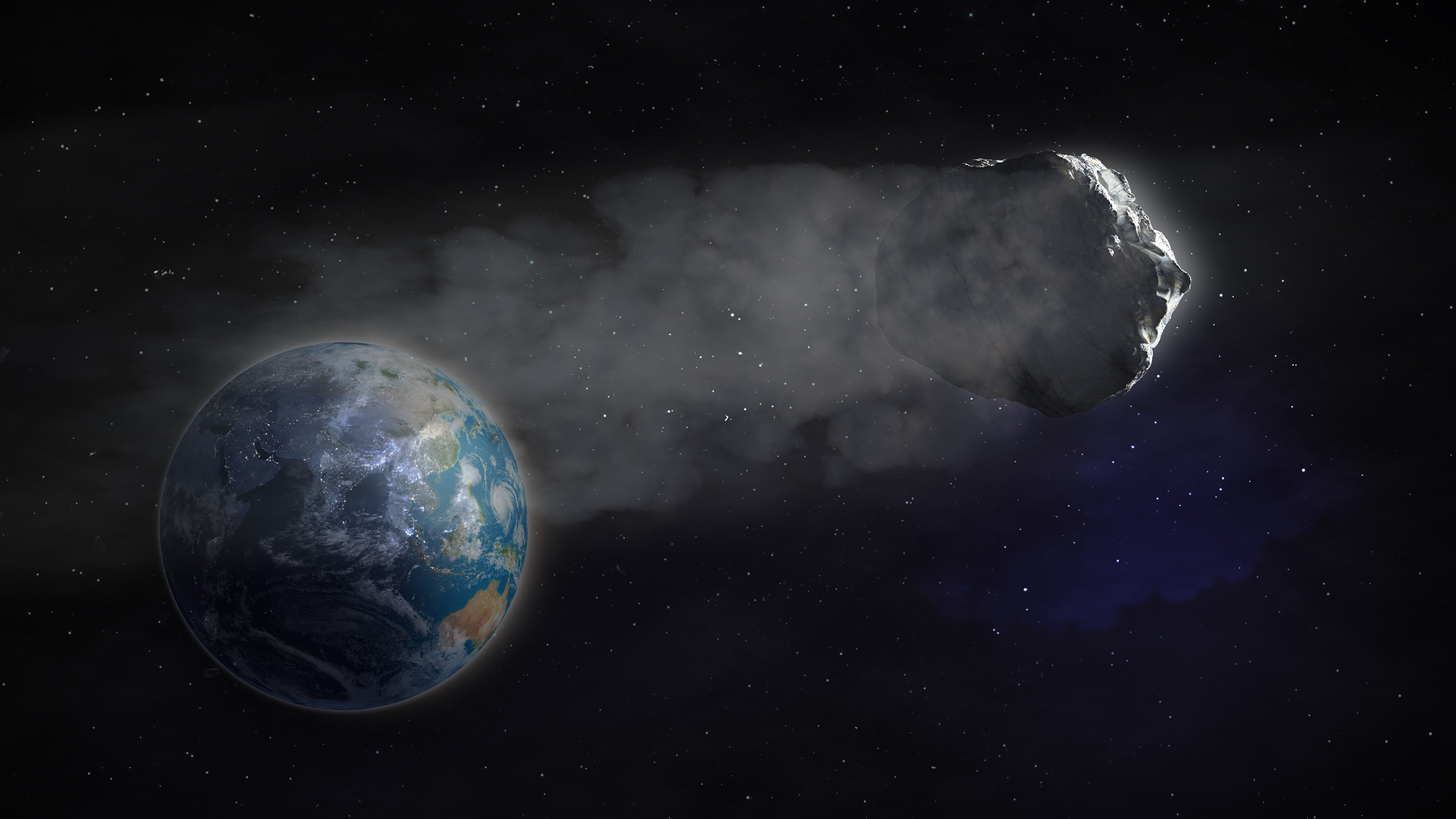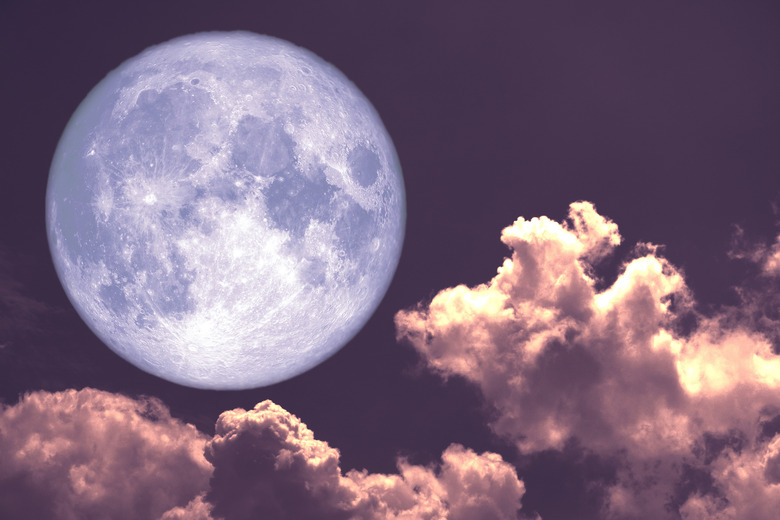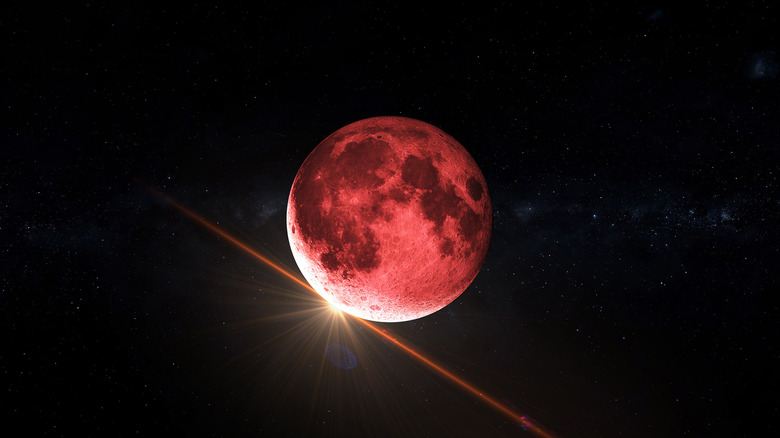New Study Says An Explosion Of Debris From Earth May Have Given Birth To The Moon
Eons ago, when the Earth was still barely formed, scientists believe a fiery eruption or collision sent a massive spray of debris out into space. That debris, they say, would have then fueled the birth of the Moon. This isn't exactly a new idea. Scientists have believed the Moon originated from parts of the Earth for decades. However, this new research may finally provide the evidence they've been searching for.
The Moon’s birth may have been fueled by debris from Earth
The evidence comes in the form of isotopes of noble gases like helium and neon. Researchers found these trapped in lunar meteorites recovered from the Antarctic. The isotopes match up with those found in solar wind, despite the meteorites reportedly never being exposed to it. It's these similarities which scientists believe provide proof the birth of the Moon was fueled by debris from Earth.
Of course, getting scientists to the Moon to study its chemical makeup and prove the origin of the birth of the Moon is very messy business. After all, NASA is still working to get humans back on the Moon over 50 years after the last human boots touched down on the lunar surface. Thankfully, pieces of the Moon often make their way to us like meteorites.
Some of these meteorites provided the evidence researchers have been looking for. The evidence, the researchers write in their paper, which was published in Science Advances, points toward the Moon containing similar isotopes found deep within the Earth's mantle plumes, too. They say all this shows that our satellite was birthed by a collision or explosion eons ago.

When digging deeper, the team found sub-millimeter glass particles in the basalt, which retained the isotopic signatures like little time capsules from eons ago. And, because the samples were from an area that never would have been exposed to the solar winds, they say the Earth very likely gave birth to the Moon, especially given that the isotopes so closely match those found in the deep Earth.
Ultimately, the Moon's origin is still a bit of a mystery. But, if this research does prove true, and the evidence the scientists discovered is validated by additional information, we could finally understand how our planet's satellite came to be.

